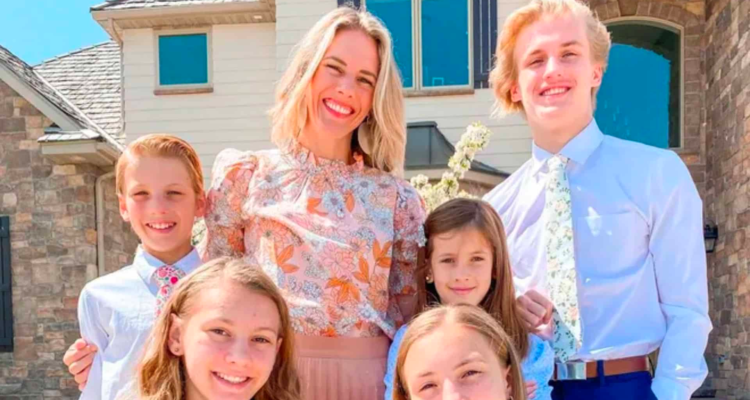We are living through a heavily digital age. Forbes estimated that during 2023, around the globe 4.9 billion people are engaging with social media. Across all platforms, social media offers a plethora of different types of content ranging from political takes to silly videos of pets. One type of content that seems to spread through each platform is family vloggers. Whether it’s long-form videos on YouTube or short videos on TikTok, I frequently see children at the forefront of social media fame. To viewers, seeing endearing videos of families going about their daily lives or surprising their children with gifts may seem harmless and even heartwarming. However, in my opinion, there is a darkness associated with parents creating young social media stars.
During the time that I was in middle school, “family vloggers” became ubiquitous on YouTube. I remember seeing YouTube channels that focused on families reaching social media stardom. One of the channels that experienced a steady increase in popularity was called the “8 Passengers” The primary creator behind the channel was Ruby Franke, a mother of six who documented her children’s activities and home-schooled education along with her husband Kevin Franke. In August, the curtains fell on the dramatic reality of the children’s horrific circumstances when Ruby Franke was charged with six counts of child abuse. Throughout the years, the Franke parents have faced criticism for their parenting approaches including when Ruby refused to bring lunch to her six-year-old daughter at school citing that she should be accountable for packing her own meal. The criticism that the Franke’s received as well as Ruby’s startling charges brings more attention to the fact that the idealized versions of reality that social media influencers present can sometimes be a complete facade.
Another danger of parents posting content that regularly includes their children is the risk of hateful comments being posted under the photos and videos. While parents who have been engaging with social media for a long time may have developed the coping skills to tune out negative comments, children who will grow up to eventually interact with social media may not be as well versed in dealing with rude opinions. It is no secret that people on the internet can sometimes be insulting with their comments, especially when there are anonymous accounts involved. Parents who frequently include their children in their content, unfortunately, open the door for ruthless comments to be made that could really impact the long-term mental health of a child. Not only can commenters on social media contribute negativity, but when children start attending school their peers can also be hurtful.
Celebrities such as Kerry Washington have come forth as deciding not to publicize their children on social media. I think it is especially important for celebrities who have amassed thousands, sometimes even millions of followers, to limit the amount of information about their children that they publicly share. People whose jobs don’t revolve around social media or Hollywood fame and don’t have thousands of followers can manually filter which accounts are following them when they have a private account. It is unrealistic for celebrities who have large social media platforms to be able to restrict their followers to just people who they trust. I think that there are also ways for parents to mitigate the dangers associated with children on social media by only occasionally posting them and focusing the bulk of their content on topics not involving their children.
I think people who don’t earn an income from social media and have private or small accounts run less of a risk of negatively impacting their children by posting them since they have less reach. I can understand why parents would want to post proud moments of their children; however, I think more caution needs to be exercised to protect the mental wellbeing of children who are being raised in a society fascinated with social media.


Leave a Reply